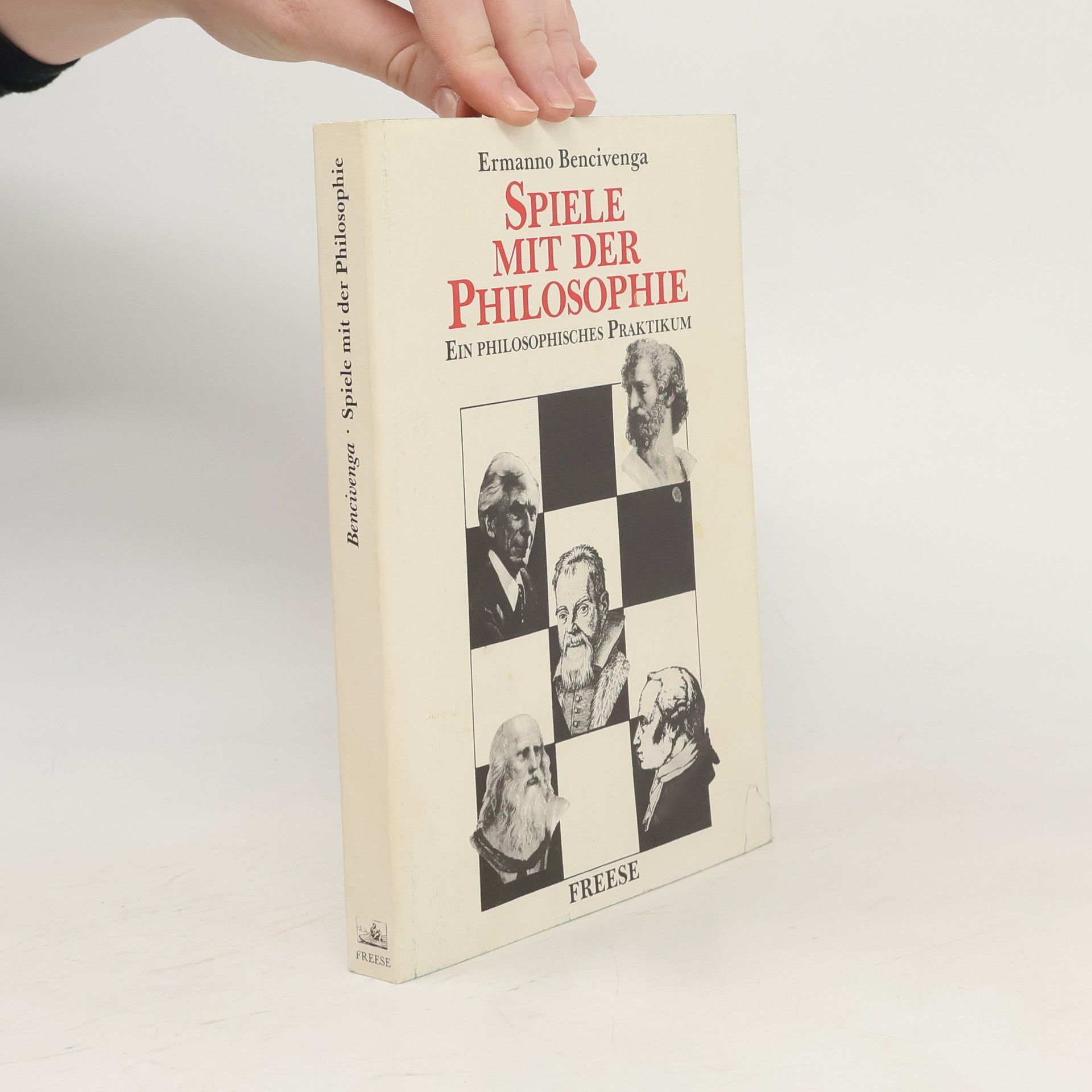Filosofia: istruzioni per l'uso
- 160pagine
- 6 ore di lettura
Ermanno Bencivenga è un filosofo e saggista italiano la cui opera si addentra nelle principali indagini filosofiche. La sua scrittura è caratterizzata da una profonda intuizione sulla natura dell'esistenza umana e sul nostro posto nel cosmo. Attraverso i suoi saggi, Bencivenga esplora le complessità del pensiero, sforzandosi di scoprire le verità fondamentali che plasmano la nostra realtà. Il suo approccio è sia intellettualmente rigoroso che gratificante per il lettore.




